Fascinating fiction starts with characters who make readers care. This Live Wire Writer Guide presents a simple, effective technique to sharpen your hook, charge your scenes, and amplify your voice whether youre a beginner or an expert.
Most writing manuals skirt craft questions with gimmicks and quick fixes rather than plugging directly into your storys power source. Energize your fiction and boost your career with
a new characterization method that jumpstarts drafting, crafting, revising, and pitching.
skill-builders to intensify language, stakes, and emotion for your readers.
battle-tested solutions for common traps, crutches, and habits.
a dynamic story-planning strategy effective for plotters and pantsers.
ample examples and exercises to help you upgrade fiction in any genre.
Blast past overused tics and types with storycraft that busts your ruts and awes your audience. Whether you like to wing it or bring it, Verbalize offers a fresh set of user-friendly, language-based tools to populate your pages and lay the foundations of unforgettable genre fiction.
VERBALIZE
bring stories to life & life to stories
by Damon Suede
Verbalize: bring stories to life & life to stories (live wire writer guides) by Damon Suede.
Copyright 2017 Evil Mastermind, LLC. Manufactured in the United States of America. All rights reserved. No part of this publication may be reproduced, distributed or transmitted in any form or by any electronic or mechanical means including information storage and retrieval systems without permission in writing from the publisher, except by a reviewer, who may quote brief passages in a review.
Published by Evil Mastermind, LLC
New York, NY
EvilMastermind.com
First Publication: 12 March 2018
Edited by Lynn West
Illustrations by Evil Mastermind, LLC
Book formatting by BB eBooks (1.2)
ISBN 978-1-945043-02-4 (Ebook)
ISBN 978-1-945043-03-1 (Print)
Website: DamonSuede.com/livewire
Note: Chapters 7 and 8 include some material that first appeared in rough form as blog posts (Add Verbs and Moving Target) at Romance University.
 Copyright 2017 by Evil Mastermind, LLC, All Rights Reserved.
Copyright 2017 by Evil Mastermind, LLC, All Rights Reserved.
Exercises
Verbalization boosts every facet of the writing process. If you have a pressing issue in a certain craft area you want to tackle right away, use these drills and workouts to develop your skills. These exercises appear sequentially in the book and build on each other. They assume you have a basic handle on verbalization and can offer a quick fix for specific creative challenges if youre stuck.
Character
If your character details feel scattered, disconnected, or forgettable, get a handle on effective alignment via the .
If you cannot pinpoint any characters essential action, check out the .
If you need to create an unforgettable character who writes their own story, amp your process with the .
If your characters impact on their world or other characters feels disjointed, brew up some mojo with the .
Depth
If you struggle to access the kind of character complexity that supports intense emotions, dig into the .
If youre interested in unpacking more of a characters power, potential, and paradoxes, investigate the .
If you have a scene thats not popping for the characters participating in it, play around with the .
If you want to drill into your characters layers in the most memorable, believable way, map out a strategy in the .
Genre
If you cant meet and exceed genre expectations as a matter of course, take a look at the .
If youre curious about classic genre construction and want to push the envelope, splash around in the .
If you want to understand genre characters in any media, spend some quality time on the .
If you need a firmer handle on genre mechanics and distinctions, spend a little time with the .
Emotion
If you struggle to access maximum drama and tension in every story moment, theres real mojo in the .
If your story sometimes feels passive, aimless, or trapped inside your characters head, check out the .
If the relationships between characters need a boost, build that chemistry with the .
If you want to elicit more emotion in your readers, have a go at the .
Arc
If you want a better handle on your characters evolution over the course of the book via Goal/Motivation/Conflict, tackle the .
If your characters overarching story goal isnt clear or camera-ready, find your focus with the .
If you have an info-dump addiction or tend to deliver backstory in big slices of expo cake, charge your scenes with the .
If you struggle to depict meaningful transformation and clear emotional growth, spend some time on the .
Plot
If your project lacks the kinds of memorable moments that dazzle genre fans, check out the .
If coherent, compelling story structure eludes you, take a whack at the .
If your scenes ever get stuck in a narrative rut or predictable plateau, challenge your habits with the .
If you want to structure your entire story in a robust format thats useable for plotters and pantsers, invest time in the .
Words
If you tend to recycle character types and tropes from book to book, shake things up with the .
If you struggle with low stakes or character inaction, youll probably benefit from the .
If your story verbalization ever feels banal, flaccid, or clichd, stretch beyond your comfort zone with the .
If you want to amp suspense, emotion, or surprise, bust the rut via the .
Introduction
There is no one way to write a book.
In the pages that follow, I present an approach to genre writing that has paid my bills and won me acclaim for the better part of twenty-five years.
Why do some imaginary people move us, inspire us, and change the world? Why do audiences spend time with your book instead of any other kind of entertainment? Why do you write this story and not those others? How much mental real estate does your work deserve?
I always tell my students: The secret of life is paying attention. I repeat that sentence like a creative mantra. It applies to love, work, play, health, education, sports, religion, art, politics, business, and every other part of living worth mention. You name it: the root of success, the right answer, the smart move, the best solution always comes down to attention.
If you want to know what matters to people, notice where they invest their energy, focus their resources, and spend their time. If something matters enough, you pay attention to it; if you dont, it doesnt matter to you.
As authors, attention pushes us toward meaningful specificity. Out of all the words available, we look beyond just some words to the right words. Writers pay attention so that characters can pay attention, so that readers will pay attention. We verbalize.
Your mileage may vary, but the principles do not.
Readers engage with characters because as social primates were wired to identify patterns and extract meaning from our environment to figure out what matters. The core of any story is the

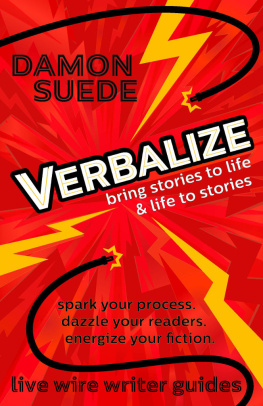
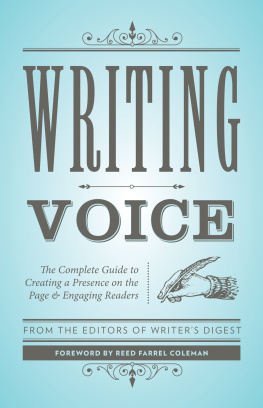
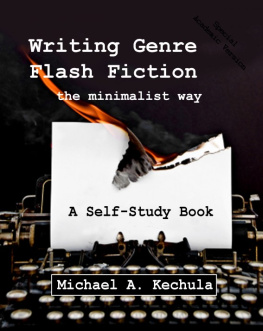
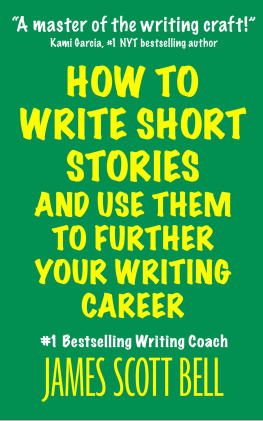
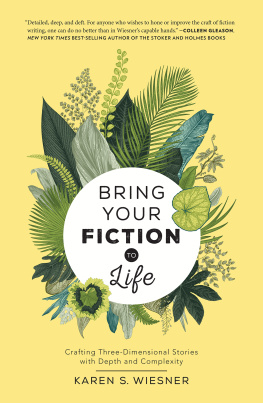
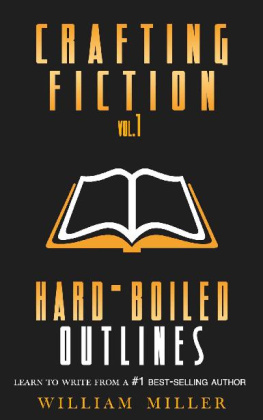

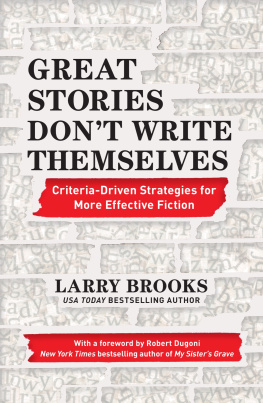
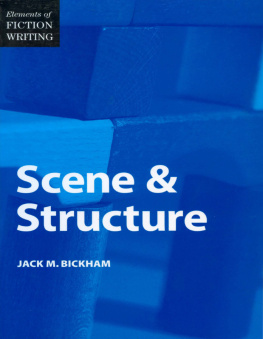
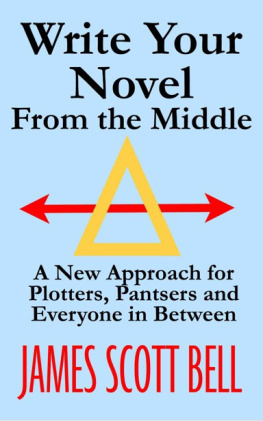
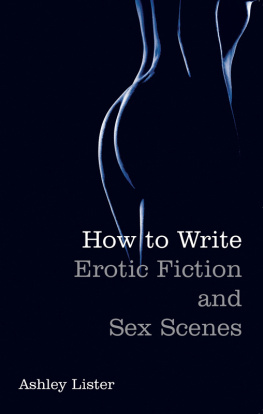
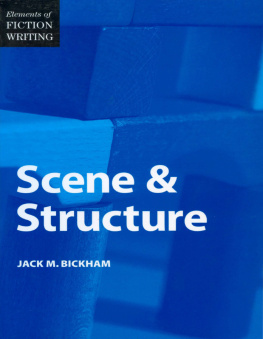
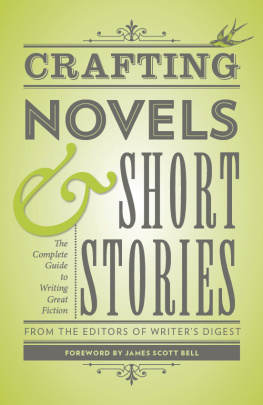

 Copyright 2017 by Evil Mastermind, LLC, All Rights Reserved.
Copyright 2017 by Evil Mastermind, LLC, All Rights Reserved.